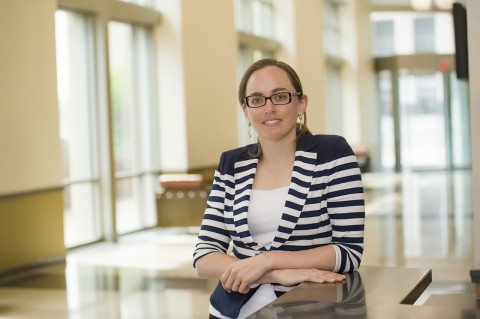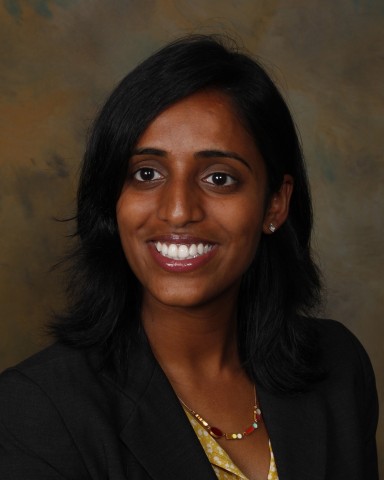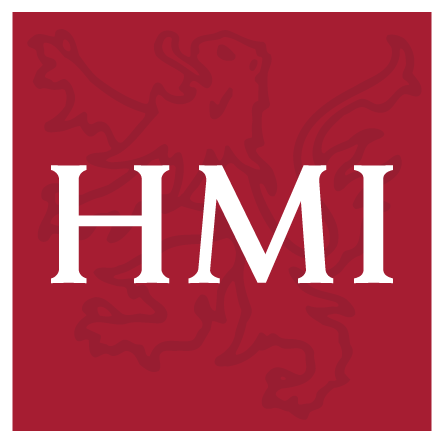In 2018, Cathy Grossman and Lekshmi Santhosh completed the Harvard Macy Program for Educators in the Health Professions. They were frequent seat mates in the back row. While there, they discovered they were both Pulmonary and Critical Care trained – but at different places temporally in their careers. They were also both clinician educators, however Lekshmi was in her fellowship while Cathy was a decade out of fellowship. We thought it would be interesting to ask them some questions about their experience and how they were both able to apply their new knowledge at their home institutions, at two distinctly different points in their careers.
- What did you think you were going to get out of the course?
Cathy: I knew why I had to take the course - to get some official “street cred” for teaching a graduate level course. But I had no clear idea what the course would entail other than a lot of reading, and views of the inside of my hotel room. Lastly I somehow expected a lot of “thinking alone about my own project,” as opposed to the implicit group work needed for transformative discourse to interact with the content of the course.
Lekshmi: I didn’t know exactly what to expect but had heard rave reviews from prior participants. I thought that the course would expose me to a new community of like-minded educators and an opportunity to learn more specifically about different approaches to health professions education.
- What were you surprised that you learned and could rapidly apply? Or what did you learn that you implemented immediately?
Cathy: I was profoundly struck by the “fractal-ish” nature of how much we were exposed to Kolb’s learning theory in nearly every part of this course. This concept was immediately practically applicable for me in terms of curricular planning. I adapted my project with use of this theory to structure each curricular subcomponent to move through all four Kolb quadrants. I also found the systems thinking and curriculum lectures invaluable as a structure to systematically evaluate not only curriculum development (personal and institutional) but also my own professional development goals.
Lekshmi: I loved the overlay of Kotter’s 8-Step Model for Leading Change as it applies to medical education. I thought it was ingenious to apply this framework to leading change in curriculum development or even applying it to my job search for a position as a medical educator! The whole philosophy of creating the moment of urgency as it applies to your curriculum and position was a lightbulb moment for me, especially since I was actively conducting a job search for a clinician-educator faculty position. I can credit the Harvard Macy Institute to giving me skills directly applicable to helping me obtain the job I have today!
- What do you wish you would have known 5 (or 10 years) earlier in your career or training that you learned during this course?
Cathy: I was struck by the different scaffolds and frameworks for approaching teaching and learning. Having some sort (realistically any sort) of road map at the beginning of my career would have put me light years ahead in cultivating my teaching endeavors. These frameworks also helped me to recognize why some of my projects were not as successful as others.
Lekshmi: I learned so much that it’s hard to just narrow down to a few points! I loved the concept of formally using a logic model when evaluating a medical education program or curriculum. Even though the lecture on program evaluation was just a small part of the course, it had a profound impact on how I have viewed curricula or pilot projects that I have participated in since then.
- How did this experience help shape your professional identity as a health professions educator?
Cathy: I was infamous for referring to myself as “just a junior clinician educator” at my own institution. This course - through personal and group reflection, interaction with other scholars, and application of some of the learned principles - allowed me the time and reflective space to appreciate the work I have done, and the value of both my successes and failures. I have contributed to medical education at my institution. I have taken out the phrase “just a junior clinician educator” from my personal vernacular. It was also invaluable to see different master medical educators from a variety of institutions at work; my mind started racing trying to figure out how I could personally adapt some of their teaching strategies.
Lekshmi: Entering the course, I had no small amount of impostor syndrome - as I wrote about in my Harvard Macy Institute Blog Post! After attending the Harvard Macy Institute, like Cathy, I truly felt that the group work, personal reflection, and new sense of community encouraged my confidence in establishing myself as an emerging expert in medical education at my institution. Furthermore, my project group truly helped provide invaluable suggestions toward improving my project, and I’m happy to say that one year later the project that I presented to my group was recently published in the journal BMJ Quality & Safety!
- In reflecting on the experience one year later – what comes to mind?
Lekshmi: One year later, I am still so grateful for the experience - the friendships, the camaraderie, the lifelong professional network, and the new concepts that I learned. It was truly a privilege to learn from the other scholars and faculty and I hope to return (with Cathy!) next year to see how much more I can absorb the second time around!
Cathy: Respect not only for the course but also for my colleagues who also went through this course. In retrospect - at many points during the first half of the course trying to keep up with the coursework I was left as though I was drinking from a fire hose (I didn’t realize I was that thirsty). The course definitely pushed me to the edge of my zone of proximal development - and in my experience, it is rare to experience this degree of challenge in a post graduate course! The small groups were invaluable in both the genuineness and generosity of fellow scholars and faculty.
Did you know that the Harvard Macy Institute Community Blog has had more than 160 posts? Previous blog posts have explored topics including leadership in health professions education, embracing technology to maximize academic productivity, and supporting students and faculty through the application of learning sciences.
Author BIO:

Cathy Grossman, MD, (Educators, ‘18) is a medical educator, Associate Professor of Pulmonary & Critical Care Medicine, and Interim Director of the Center for Human Simulation and Patient Safety at Virginia Commonwealth University. Cathy’s areas of professional interest include graduate medical education and medical simulation. Cathy can be reached via email.

Lekshmi Santhosh, MD, (Educators, ‘18) is a medical educator and Assistant Professor of Pulmonary & Critical Care Medicine and Hospital Medicine at the University of California-San Francisco. Lekshmi’s areas of professional interest include graduate medical education, clinical reasoning, and leadership education. Lekshmi can be followed on Twitter or contacted via email.
HMI Staff


